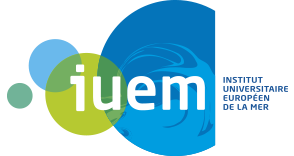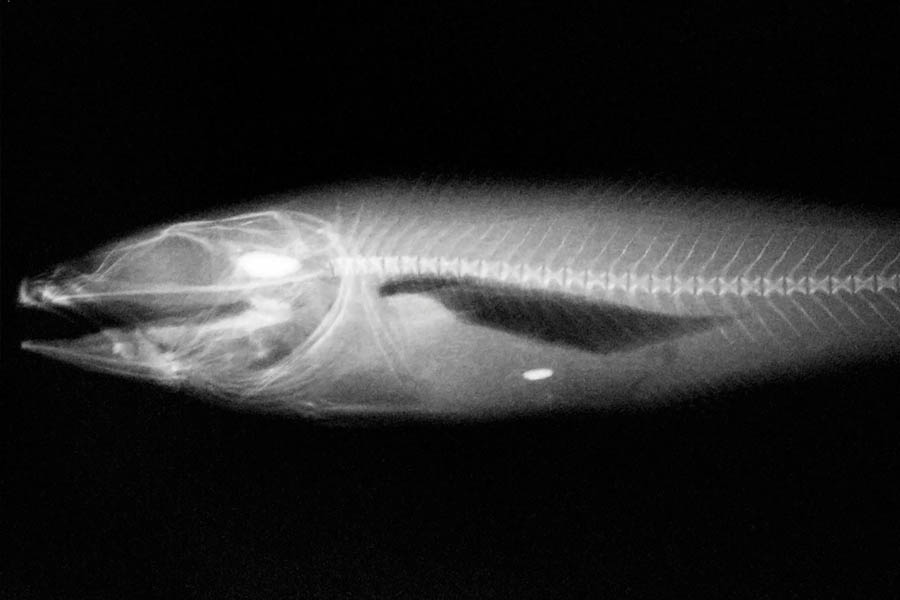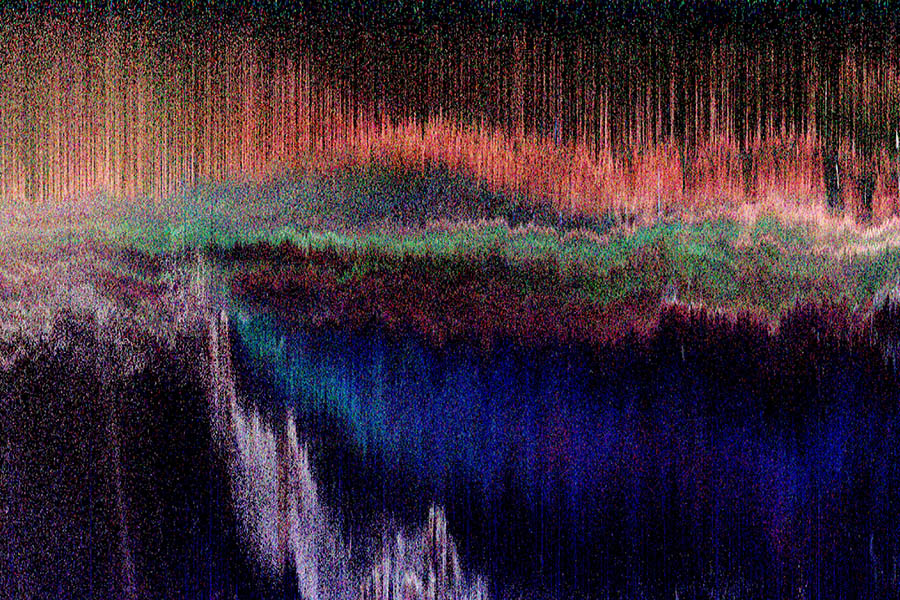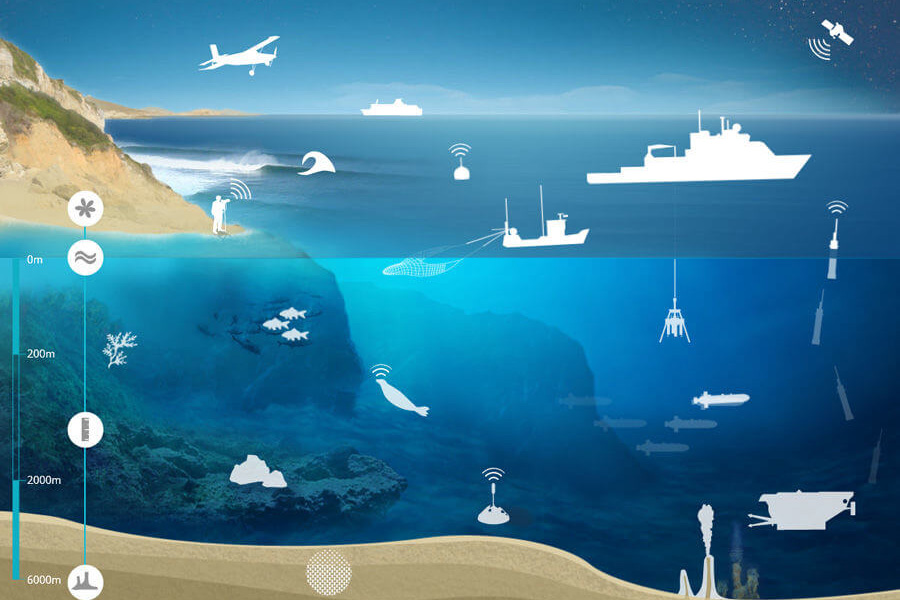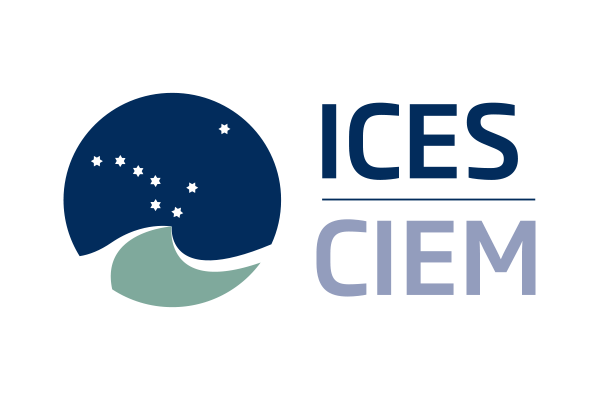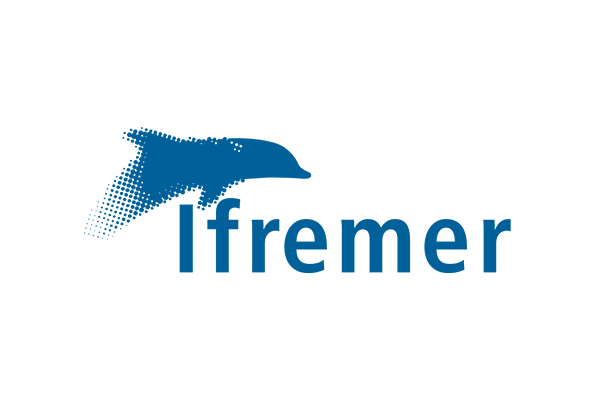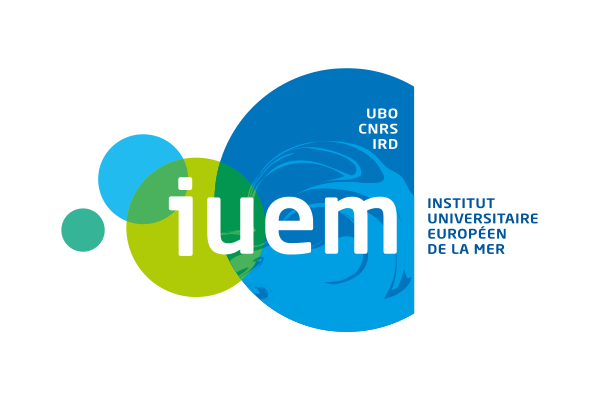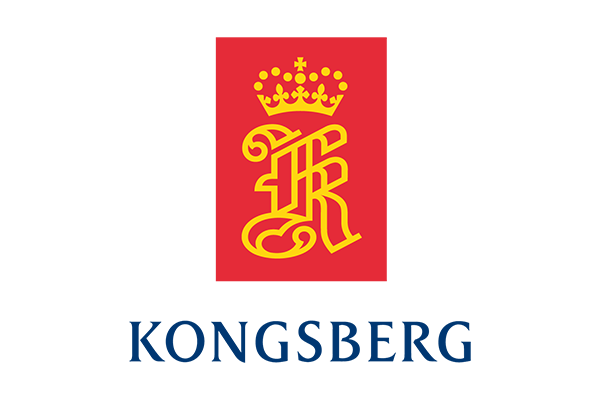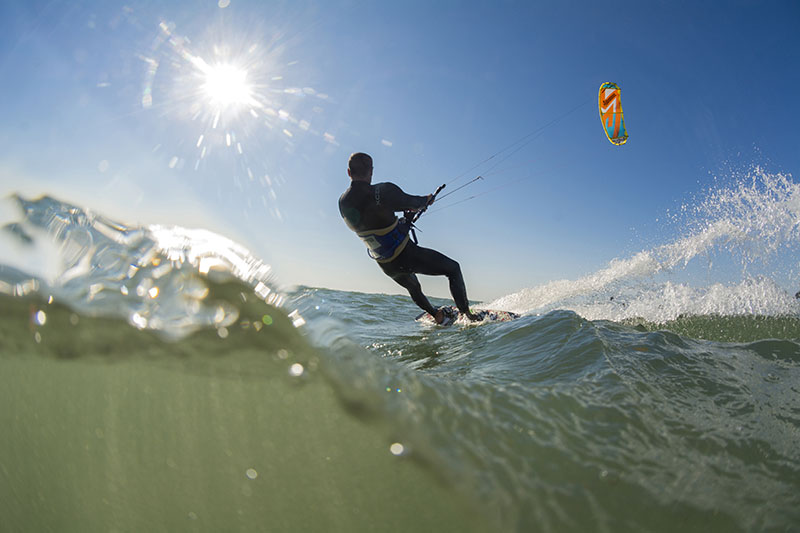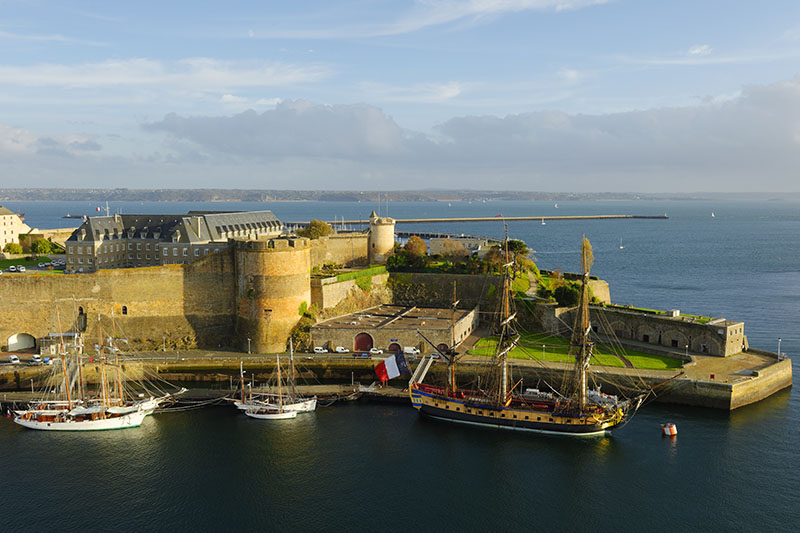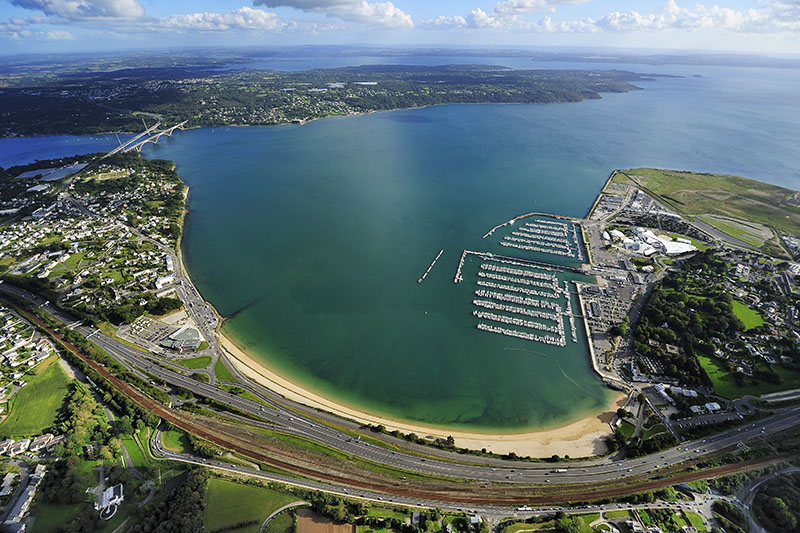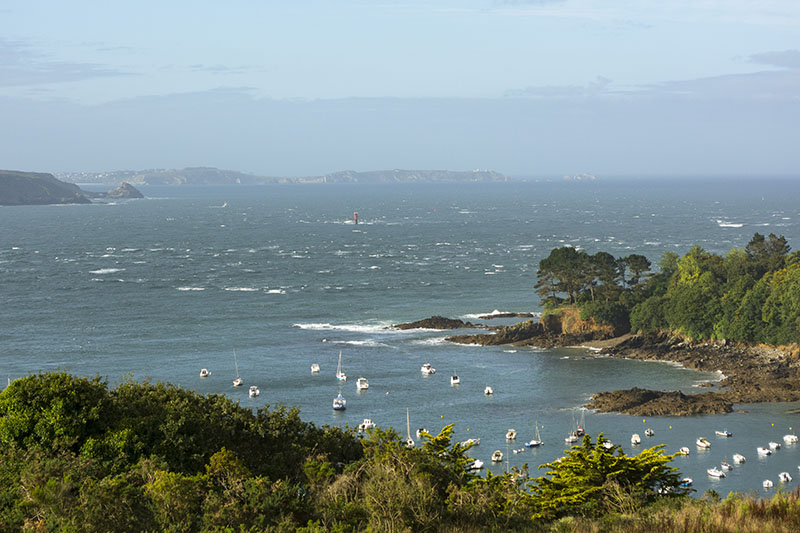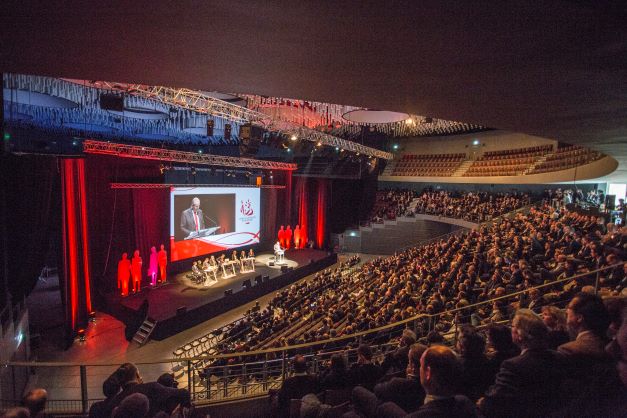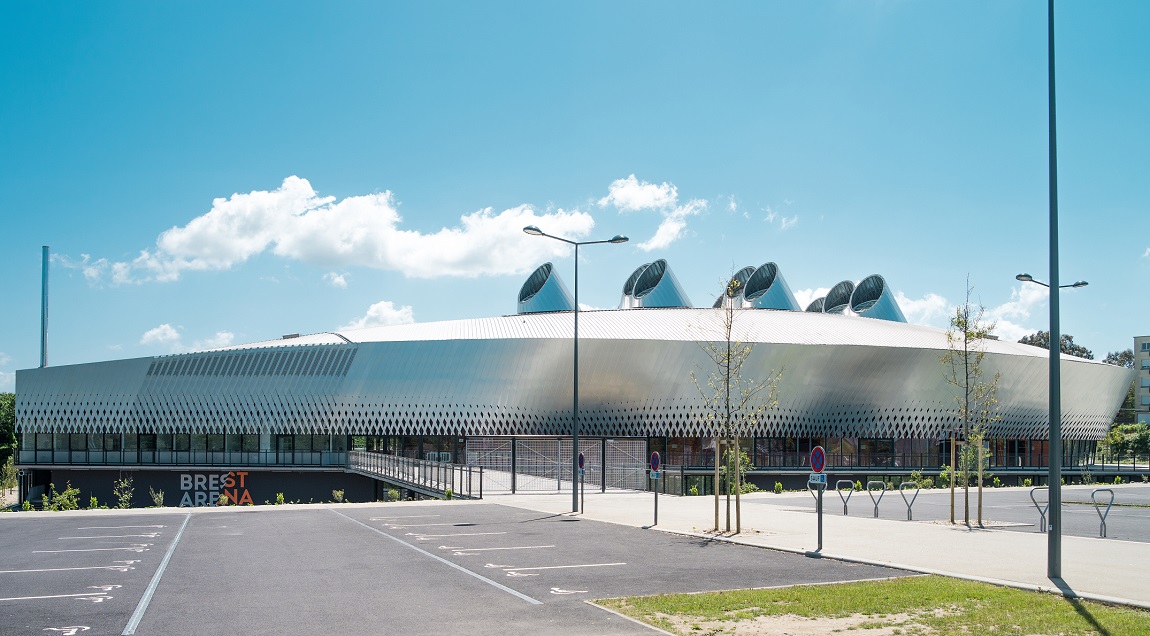Conference at IUEM, 9 to 12 april 2024
Inscription and abstract submission deadline : March 15th 2024
The ICES expert group on fisheries acoustics, science and technology (WGFAST) has cutting-edge expertise in all aspects of fish stock assessment and the estimation of indicators essential to pelagic management. It is also developing essential approaches for the ecosystemic approach to environmental knowledge and management, through : the diversity of platforms on which acoustics can be deployed; the range of organisms that can be detected and recognised (zooplankton, micronekton, fish, marine mammals, …); the high resolution of the information, enabling interactions with environmental parameters to be analysed; the non-destructive quality of the approach applicable to protected areas.
It will be structurated by three sessions :
- Acoustic methods to characterize populations, ecosystems, habitat, and behaviour
- Acoustic characterization of marine organisms
- Emerging technologies, methodologies, and protocols
Approaches for monitoring areas where the sea is being industrialised, such as offshore wind farm sites, are warmly welcome.
3 sessions
Session 1
Acoustic characterization of marine organisms
In this session, the main topics cover organisms’ scattering modeling and classification/characterization of organisms from various types of acoustic data (multifrequency, wideband…)
Session 2
Acoustic methods to characterize populations, ecosystems, habitat, and behaviour
In this session, the main topics cover works on various methodologies (acoustic data analysis, statistical & modeling approaches, …) and/or tools (platforms, combined technologies, …) used to study predators/preys and bio-physical interactions at various trophic levels and area scales, topography and bottom type effect on the biology, sampling tools and behaviour effects…
Session 3
Emerging technologies, methodologies, and protocols
In this session, the mains topics cover new platforms (gliders, uncrewed surface vessels…) for collecting acoustic data, methods from non-acoustic fields as complementary sampling for better data interpretation, challenges for new acoustic devices, new applications…
Come and enjoy the western tip of Brittany
The WGFAST conference will be held at IUEM, from April 9 to 12, 2024. IUEM is located at the Technopôle Brest-Iroise in Plouzané, just outside the city of Brest.Transportation will be organized from Brest city center to Plouzané each day for the outward and return journey.
Brest is a metropolis of 400,000 inhabitants, a tourist area as much as a living basin. Numerous hotels ranging from 1 to 4 stars are located in Brest, with prices ranging from €50 to €150 per night. Rooms for students are also available in the center of Brest, a 10-minute streetcar ride from Brest Arena. The city and its outskirts boast many attractive facilities and points of interest, including Océanopolis, the Ateliers des Capucins linked to the city center by France’s first urban cable car, and the Conservatoire Botanique National de Brest. The city was recently classified as a “Ville d’art et d’histoire” (City of Art and History). Innovative and open to the world, Brest stands out from other French cities for its links with the marine environment, as well as its cutting-edge marine science and technology sector. In fact, it was from the port of Brest that great explorers set out to discover new worlds: La Pérouse, Kerguelen, Bougainville… Brest has a TGV station in the city center and an international airport close to the city center, with a shuttle and tramway service. Brest Bretagne international airport offers a number of international flights and a wide choice of flights via Paris (Orly or Charles de Gaulle).
